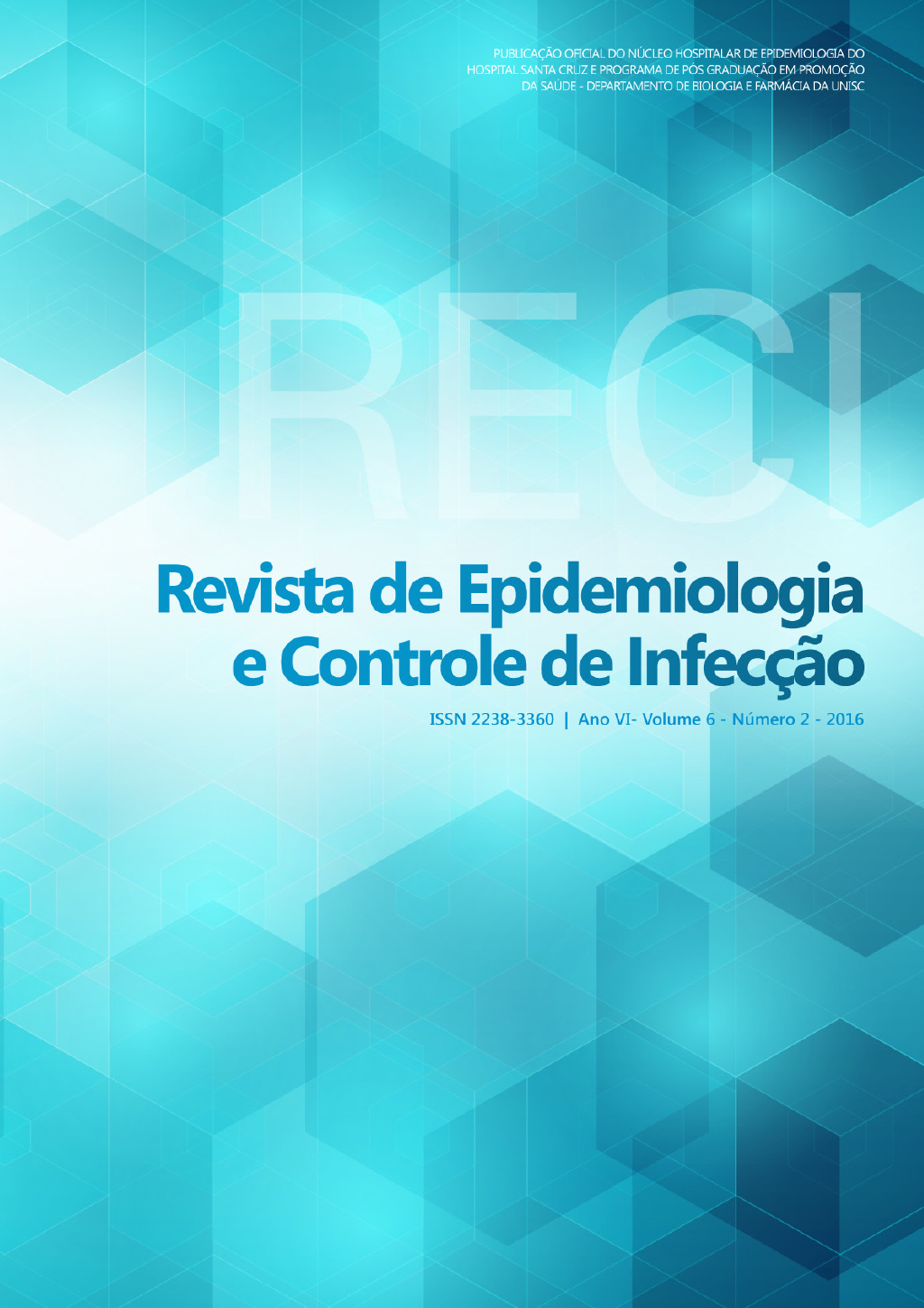Depression in the elderly: a systematic review of the literature
DOI:
https://doi.org/10.17058/reci.v6i2.6427Abstract
Background and Objectives: Depression is a public health problem that affects approximately 154 million people worldwide and its incidence has increased in recent years. Regarding this problem, elderly individuals show a percentage of 15% prevalence for some depressive symptoms, which requires special attention and prevention and care actions for this population. Thus, this study aimed to understand about depression in the elderly, the profile and the process of prevention and treatment of signs and symptoms in national and international literature. Method: This is a systematic review of the literature carried out in the following databases: Latin American and Caribbean Health Sciences (LILACS); Medical Literature Analysis and Retrieval System Online (MEDLINE) and Scientific Electronic Library Online (SciELO). Studies considered for the review were: scientific articles, dissertations and theses in English, Portuguese or Spanish, published between 2010 and 2015, using the key words: depression, elderly and geriatrics. Data collection was carried out using Ursi tool, which includes the evaluation of the study title, main results and conclusions. Results: After searching the databases, 261 studies were identified and, after applying the inclusion criteria, 44 of them were selected; after implementing the abovementioned tool, the final sample comprised 17 articles. The results showed the profile of the elderly affected by depression, types of treatment, arrival at the healthcare service and associated comorbidities. The study also showed the importance of encouraging self-care, encouragement and engagement of elderly individuals and family members into educational activities, training of health professionals and improvement of the health care system as important factors in the care of these individuals. Conclusion: Health professionals who deal with the elderly population should be aware of the signs and symptoms of depression, as well as receive continuing education to meet the demands through effective and high-quality care and encourage non-pharmacological methods of symptom relief and identify in the profile of these elderly individuals, which comorbidities associated with depression are the most common.Downloads
Downloads
Published
How to Cite
Issue
Section
License
The author must state that the paper is original (has not been published previously), not infringing any copyright or other ownership right involving third parties. Once the paper is submitted, the Journal reserves the right to make normative changes, such as spelling and grammar, in order to maintain the language standard, but respecting the author’s style. The published papers become ownership of RECI, considering that all the opinions expressed by the authors are their responsibility. Because we are an open access journal, we allow free use of articles in educational and scientific applications provided the source is cited under the Creative Commons CC-BY license.


